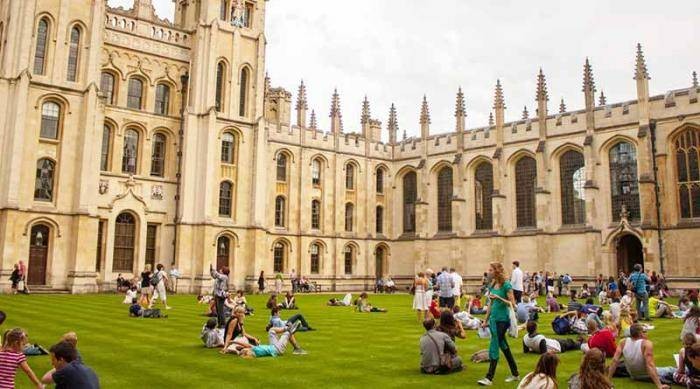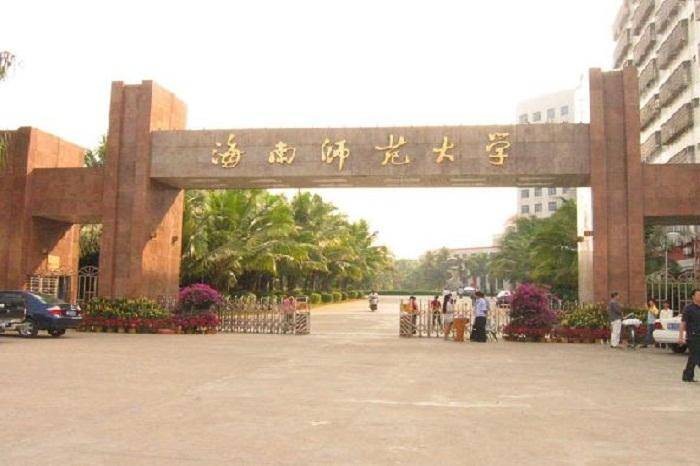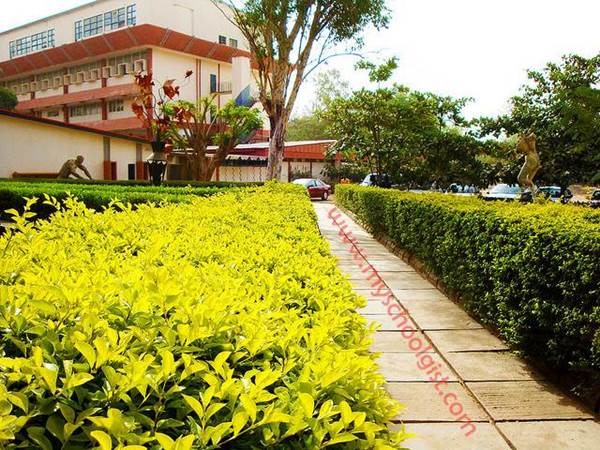
The PhD will provide a unique opportunity to engage with an under-researched collection of African art at the University of Birmingham (UoB), a discrete collection that is part of Research and Cultural Collections (RCC) - a university museum holding full Museum Accredited status from Arts Council England (ACE) The African Collection is rich and diverse: it celebrates extensive cultural traditions and modern and contemporary artistic expression through a range of objects and media. Communities represented are Yorùbá, Hausa and Asante, and it includes work by artists such as Ben Enwonwu and Justus Akeredolu, as well as an important group of Nigerian modernist paintings by artists associated with the Zaria Arts Society.
The PhD has two key aims:
- It will provide the first in-depth critical assessment of art objects from the collection ever undertaken. It will approach the relation between form, content, and the aesthetics of artworks and objects which traditionally have been labelled as ‘African’ from multiple perspectives. It will critically evaluate art historical notions such as ‘decorative art’ or ‘tourist art’ and emphasize diverse applications of the terms ‘African’ and ‘diaspora’.
- It will explore how collections of African art might be able to employ new methods and approaches to engage diaspora communities and widen audience participation, including strategies of co-curation, and the use of digital technologies. By doing so, it will contribute to RCC’s ongoing co-curation initiatives, such as ‘Africanize’ in collaboration with ‘We Don’t Settle’ and Black artists in Birmingham and the ongoing programme of community and artist engagement, where focus is directed towards co-research and co-production and HEI researchers working with external researchers from source communities.
This PhD is timely and necessary. It will make a significant contribution to current debates around the colonial legacy of museum collections in Europe and North America with special emphasis on the objects’ diasporic agency and significance for source communities. As part of a university collection, research into the African collection will uniquely address calls to decolonise curricula and university collections.
About University of Birmingham
The University of Birmingham (informally Birmingham University) is a public research university located in Edgbaston, Birmingham, United Kingdom. It received its royal charter in 1900 as a successor to Queen's College, Birmingham (founded in 1828 as the Birmingham School of Medicine and Surgery) and Mason Science College (established in 1875 by Sir Josiah Mason), making it the first English civic or 'red brick' university to receive its own royal charter. It is a founding member of both the Russell Group of British research universities and the international network of research uni... continue reading

PhD Scholarship
| Application Deadline | 30 Apr 2024 |
| Country to study | United Kingdom |
| School to study | University of Birmingham |
| Type | PhD |
| Sponsor | University of Birmingham |
| Gender | Men and Women |
Aim and Benefits of PhD Scholarship
- Financial Support: Recipients of these scholarships will receive substantial financial support, including a stipend at UKRI rates, which is set at £18,622 per year. This support covers tuition fees, living expenses, and research-related costs, including bench fees. This support is designed to alleviate the financial burden often associated with pursuing a doctoral degree.
- Mentorship and Guidance: Scholarship recipients will benefit from mentorship opportunities and guidance from accomplished faculty members who are dedicated to helping them succeed in their academic and research endeavours.
- Research Opportunities: We are committed to providing an exceptional research environment. Students will have access to state-of-the-art facilities, cutting-edge resources, and a vibrant scholarly community.
- Community Building: A key component of the scholarship programme is the creation of a supportive community of Black British researchers pursuing PhDs. This network will foster collaboration and peer support among scholars.
- Research Training Support Grant: In addition to financial support, scholarship recipients will receive a research training support grant. This grant is intended to support conference attendance, fieldwork, and other essential activities that enhance their research and academic growth.
- Commitment to Inclusivity: We are dedicated to building an inclusive academic environment that values diversity and ensures equitable access to education
Requirements for PhD Scholarship Qualification
These scholarships are designed to create opportunities and address the underrepresentation of talented Black or Black mixed heritage students in academia. Applicants who meet all of the following criteria are eligible to apply:
- UK nationals and eligible for registration as Home students
- Members of one of the following ethnic groups:
- Black African
- Black Caribbean
- Black Other
- Mixed – White and Black Caribbean
- Mixed – White and Black African
- Other mixed background (to include Black African, Black Caribbean or Black Other)
- Not already enrolled on a PhD programme at the University of Birmingham
Interview date, Process and Venue for PhD Scholarship
Once you’ve submitted your application, we’ll send you details on how to access your applicant portal. You’ll be able to track the progress of your application, update your personal information, view decisions and accept offers.
Your application will be ‘pending’ on your portal while we check your application.
You can add or edit some details or documents within your application after it’s been submitted through your applicant portal. Or email [email protected] (include your applicant ID number) and we can add or edit for you.
Application Deadline
April 30, 2024How to Apply
Interested and qualified? Go to University of Birmingham on sits.bham.ac.uk to applyOnce applicants have familiarised themselves with the above project details, they are encouraged to contact the lead PhD supervisor to discuss the project and the applicant's suitability for the project. This is recommended before you apply to the PhD project.
- After applicants have made contact with the lead PhD supervisor, you will then need to apply to the PhD project using our online application portal: you should select '125th Anniversary Scholarships (CAL)'. You will need to create an account for the online application portal and you will be prompted to sign-in upon your return to the portal.
- You do not need to complete your application in one session; you can save your application at each stage and return to the portal at any stage before submission, particularly if you do not have all of the necessary documents when you begin your application.
- As this is an 'advertised PhD', in which you will studying the above project that has already been provided by the academic supervisor(s), you do not need to submit a research proposal. Your personal statement will suffice for determining your suitability for the PhD project as well as your previous academic, professional and personal experiences.
The deadline for applications is 23:59 (UK time) on Tuesday 30 April 2024.
Possible research questions include:
- What is the role and significance of the African Collection for African diaspora communities in Birmingham and the UK?
- What might be gaps and silences in the collection, and how could these be addressed through new models of (co-)curation, public engagement and museum interpretation?
- How could museums and collections of African art in Europe utilise the possibilities offered by digital technologies to contextualise the objects in their collections and engage with source communities?
Applicants are encouraged to use the 'Project Overview' to form the basis of their research proposal and use their personal statement to outline what they will bring to the project and how they would develop it in line with your own research interests.
Application portal tips
- You don’t need to complete your application in one session. Simply save it and come back to it when you’re ready.
- Avoid delays by checking all your information is accurate and complete.
- Your application won’t be processed until you’ve completed all the relevant sections and submitted it.
- If you run into any technical issues with your application, email us at [email protected]
For more details, visit UoB website




